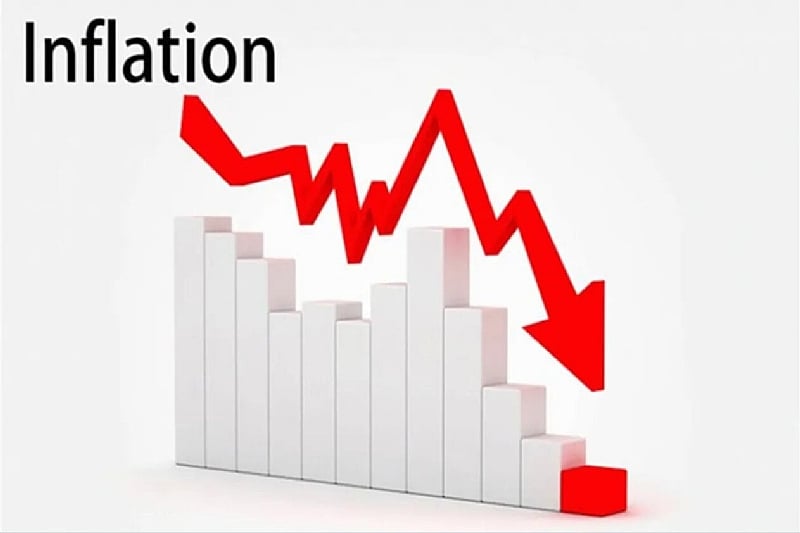Paragraph 1: Inflation Declines for Eighth Consecutive Month, Reaching Lowest Level Since Late 2021
Ghana’s inflation rate continued its downward trajectory in August 2025, reaching 11.5 percent, down from 12.1 percent in July. This marks the eighth consecutive month of decline, pushing inflation below the government’s year-end target of 11.9 percent. The August figure also represents the lowest inflation level observed since late 2021, signaling a significant improvement in price stability. The consistent decline in inflation suggests that the Ghanaian economy is gradually recovering from the pressures of high costs that have burdened consumers in recent years. This positive trend brings much-needed relief to households struggling with the rising cost of living.
Paragraph 2: Month-on-Month Price Decline Offers Respite to Households
A notable aspect of the August inflation data is the 1.3 percent month-on-month decline in prices. This decrease provides a welcome respite for households that have been grappling with persistent cost-of-living pressures. The month-on-month decline indicates a softening of price increases in the short term, offering a glimmer of hope for consumers. This easing of inflationary pressures allows households to allocate their resources more effectively and potentially experience a slight improvement in their purchasing power.
Paragraph 3: Food and Non-Food Inflation Both Ease, Contributing to Overall Decline
Both food and non-food inflation contributed to the overall decline in the headline inflation rate. Food inflation, a key concern for many Ghanaians, slowed to 14.8 percent in August from 15.1 percent in July, accompanied by a 2.5 percent decline in food prices during the month. Non-food inflation also eased, dropping to 8.7 percent from 9.5 percent in July, with a marginal 0.1 percent decline in prices. The slowdown in both food and non-food inflation suggests a broadening of the disinflationary trend across the economy.
Paragraph 4: Imported Inflation Falls Faster than Domestic Inflation, Supported by Stronger Cedi and Softer Global Prices
The decline in imported inflation outpaced the decline in domestic inflation, indicating that external factors played a significant role in the overall disinflationary trend. A stronger cedi, Ghana’s currency, and softer global price pressures contributed to the faster decline in imported inflation. The appreciation of the cedi likely made imported goods less expensive, while the easing of global price pressures reduced the cost of imported inputs for domestic production. This combination of factors helped to moderate the overall inflation rate within Ghana.
Paragraph 5: Regional Disparities in Inflation Trends Highlight Need for Targeted Interventions
While the nationwide inflation trend was positive, the Ghana Statistical Service (GSS) highlighted significant regional disparities in inflation rates. These disparities are attributed to variations in supply chains, transport costs, and local economic dynamics. Some regions may face higher inflation due to challenges in accessing goods and services, while others benefit from more efficient supply chains and lower transportation costs. These regional imbalances require close monitoring and potentially targeted interventions to ensure that the benefits of disinflation are distributed more evenly across the country and to prevent widening inequalities.
Paragraph 6: Positive Outlook but Questions Remain about Broader Economic Impact
The latest inflation data is expected to boost confidence in the government’s economic management and its ability to control inflation. However, it’s crucial to analyze whether the easing inflation will translate into tangible improvements in other economic indicators, such as stronger economic growth, job creation, and broad-based improvements in living standards. While lower inflation often creates a more stable economic environment, it doesn’t automatically guarantee improvements in these other areas. The government needs to implement complementary policies that support economic growth, job creation, and poverty reduction to ensure that the benefits of disinflation are felt across all segments of society. The sustainability of the disinflationary trend also needs to be closely monitored in the coming months to assess the long-term impact on the Ghanaian economy. Furthermore, understanding the drivers of regional disparities in inflation is crucial for developing targeted interventions that can address these imbalances and promote more inclusive and sustainable economic development.














